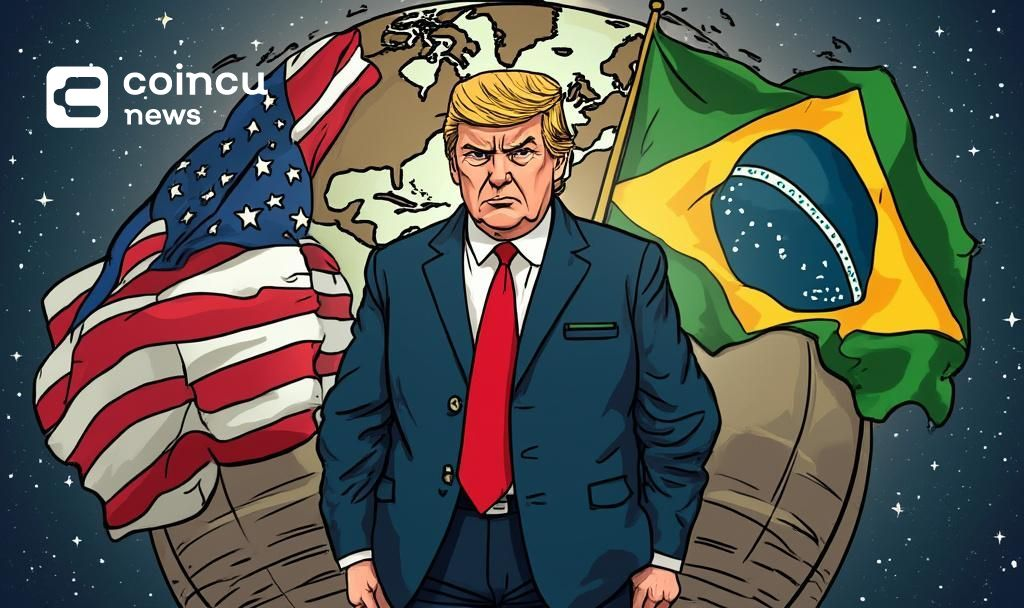$108133.186
At CoinCu News, we give both basic and in-depth articles on the latest news in the cryptocurrency and blockchain sectors.
Mayowa is a seasoned freelance writer specializing in creating compelling, high-converting content across diverse industries.
With extensive experience working with major news outlets, personal blogs, and private clients, he brings a deep understanding of audience engagement and storytelling. His expertise spans SEO optimization, persuasive copywriting, and niche versatility, ensuring content that resonates and delivers results.
Armed with a strong command of the English language and a keen eye for detail, he crafts content that is both impactful and strategically tailored to meet client goals.
News
Stablecoin Inquiry Tops Douyin’s Trending List Amid Market Surge
Stablecoin trends on Douyin amid USD Coin's growth and regulatory shifts.
Jul
Gillian Lynch Appointed Head of Binance’s Europe, UK Operations
Gillian Lynch to lead Binance's European operations, boosting strategic expansion amid regulatory shifts.
Jul
Binance Wallet’s Alleged BOOM TGE Lacks Confirmation
No verified announcement from Binance Wallet on BOOM TGE for July 2025.
Jul
FTX Creditors Risk Losing Claims Worth $825 Million
FTX creditors in 49 jurisdictions, including China, risk losing $825M claims due to local restrictions.
Jul
Ancient Bitcoin Whale’s Massive $8 Billion Transfer Sparks Speculation
Bitcoin whale's $8 billion+ transfer raises speculation over possible private key theft. Experts analyze the
Jul
Trump Signs Misnamed ‘Beautiful Bill’ Amid Controversy
President Trump signs the 'Beautiful Bill,' cutting federal aid and increasing debt, causing diverse reactions.
Jul
Trump Signs Major Tax and Spending Bill into Law
President Trump enacts a significant tax and spending bill amid mixed political reactions.
Jul
Blockchain Alert: Sui and Aptos Address Compatibility Warning
Sui and Aptos addresses pose risk: incompatible and may cause fund loss. Experts caution users.
Jul
Gemini Introduces Tokenized Stocks to European Investors
Gemini launches tokenized stocks for EU users, extending TradFi and DeFi convergence.
Jul
[tptn_list how_old="7" limit="5" title_length="0" heading="0" show_date="0" ]
[tptn_list how_old="30" limit="5" title_length="0" heading="0" show_date="0" ]






















